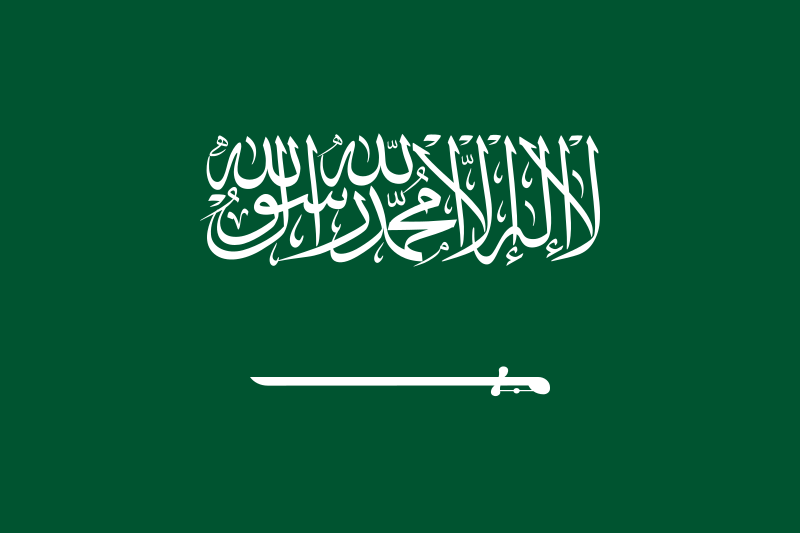
The newly introduced framework focuses primarily on health, safety, and technical specifications, aligning with broader efforts to modernise urban spaces. A significant part of these regulations pertains to building height, which now requires careful consideration of both aesthetic value and structural safety. New projects must adhere to stipulated limits that balance urban aesthetics with environmental concerns, particularly regarding energy consumption and air circulation.
As part of an ongoing push for sustainable urban living, the Ministry has also set clear guidelines on spatial requirements. These stipulations emphasise not only the comfort of the residents but also ease of mobility within residential complexes. More spacious layouts will be mandatory to accommodate growing family sizes, with each unit required to meet specific square footage standards that vary based on the type of housing unit. In addition, residential areas must provide ample green spaces, promoting both ecological balance and residents' well-being.
Noise control regulations have been introduced to mitigate the impact of urban living on mental and physical health. Developers must ensure that buildings are constructed with soundproofing materials that adhere to new noise reduction standards, which will significantly reduce disruptions from traffic, construction, and neighbouring activities. These measures are particularly significant given the rapidly expanding urban areas that are seeing more dense housing solutions.
Parking provisions also remain a central part of the new rules. The Kingdom’s increasing reliance on private transport necessitates the inclusion of sufficient parking spaces in housing projects. In many urban areas, the demand for parking far outpaces supply, leading to illegal parking and congestion. Under the new regulations, developers must integrate adequate parking facilities to match the number of housing units. The guidelines also stipulate parking spaces for electric vehicles, ensuring that Saudi Arabia’s long-term sustainability goals are met.
A further focus of the new regulations is access to essential services, such as healthcare, education, and public transportation. The Ministry mandates that group housing developments be located within reasonable proximity to key infrastructure, allowing residents easy access to hospitals, schools, and transit hubs. This move is part of a broader vision for Saudi Arabia to develop more integrated urban environments where residential areas are well-connected to vital services.
Alongside the health and safety measures, the regulations are intended to foster greater technical innovation in building methods. These regulations mandate the use of advanced construction technologies, promoting energy-efficient designs and building materials that will enhance the overall durability of housing units. Developers will be required to implement technologies that minimise environmental impact, such as solar panels, water-saving plumbing, and sustainable construction practices.
The new guidelines are expected to have a far-reaching impact on both residential design and construction practices within Saudi Arabia. They also align with the country’s broader Vision 2030, which aims to diversify the economy and improve the quality of life for all citizens. By focusing on sustainability, environmental impact, and efficient resource management, these regulations support the Kingdom's commitment to sustainable development while addressing the challenges of rapid urbanisation.
Developers and real estate professionals are already adjusting to these new standards, and although the guidelines have been well-received by many, some have voiced concerns about the potential rise in construction costs. These costs may affect the affordability of new housing projects, particularly in a market that is already facing challenges with inflation and high demand. However, experts argue that the long-term benefits of the regulations – including improved health outcomes and enhanced urban living standards – will outweigh the short-term financial implications.
Topics
Saudi Arabia
